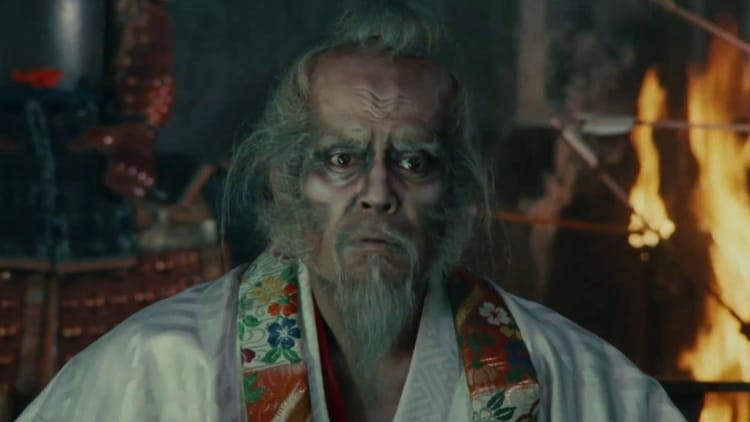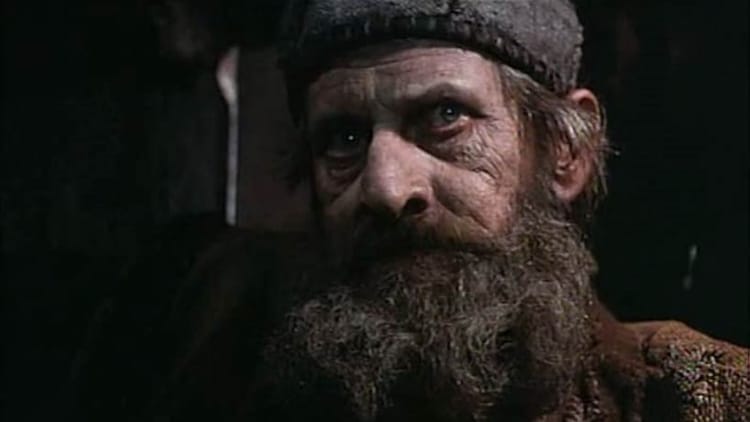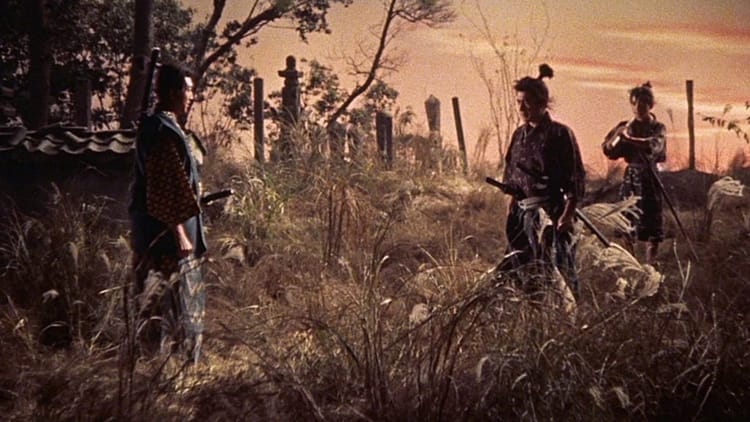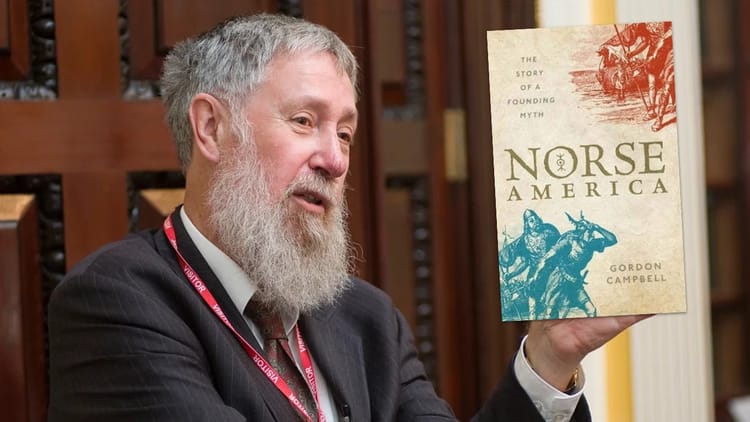Doctor Mœbius and Mister Gir
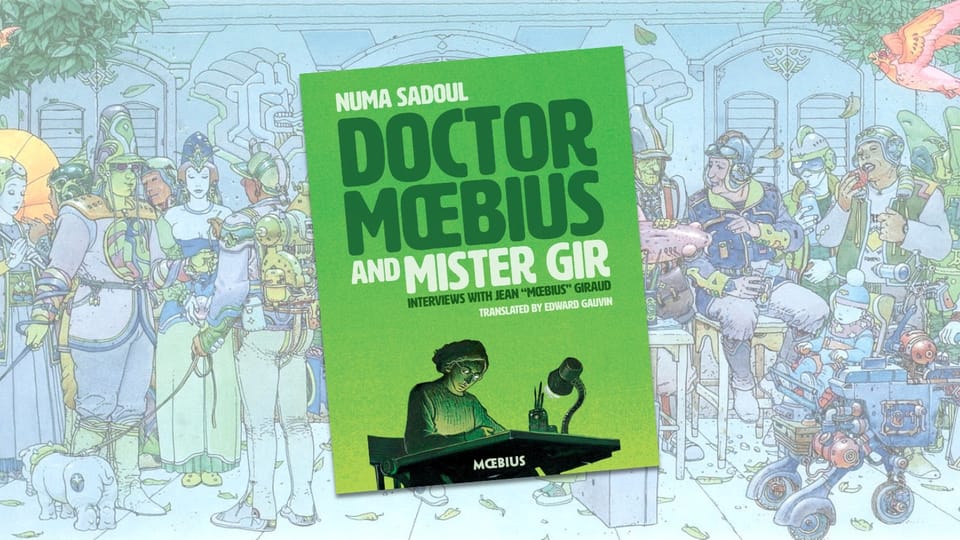
So, I stroll into Nuclear Comic a few months back, right there in San Diego, America’s finest city. You see, when I’m in a comic shop, it’s not a question of if I buy something; it’s a damn guarantee. And now that I’m a comic book creator myself? Forget it. I’ve got skin in the game, man. Gotta support the ecosystem that feeds me. Nuclear Comics had shelves that felt like they stretched into infinity, bursting with stories, each one begging for attention. Overwhelmed? Yeah, I was. But I zeroed in on Alan Moore and Eddie Campbell’s From Hell. Now, anybody who’s got even a whiff of who I am knows that Alan Moore is practically a deity in my world. Yet, I’d never cracked open From Hell before. Why? Simple: the subject never appealed to me, and the sheer weight of that collected edition always felt like a mountain I wasn’t ready to climb. But thunderation, the time had come to slay the beast!
And I didn’t stop there. I snagged Doctor Mœbius and Mister Gir by Numa Sadoul—a deep dive into the psyche of Jean Giraud, the French virtuoso who was a mystery wrapped in ink and paper. I’ve devoured Giraud’s art for as long as I can remember, but the man himself? An enigma. This book? My map into his mind.
Sadoul’s work takes you cradle-to-grave through Giraud’s metamorphosis into his two personas: Mœbius and Gir. When he donned Mœbius’s mask, his creations stretched into the surreal, the fantastical—works like Airtight Garage of Jerry Cornelius and The Incal. But under the Gir alias? Oh, that’s where it got gritty, where it reeked of the Wild West in Blueberry but still shimmered with that undeniable beauty.
Going from Giraud to Mœbius, I twisted the strip; changed dimensions. I was the same and yet someone else. Mœbius is the result of my duality. —Jean Giraud
Giraud’s origin story reads like one of his own tales. The kid was seduced by comics young, and creating them later was like a hit of something purer, something that made him breathless with obsession. And boy, he had the goods. His talent was raw, real, and he became the guy everyone at art school side-eyed with envy. Academic stuff? Bored him senseless. Art? Now that was his ticket. Two years in Applied Arts and he was already scribbling his way into a career that left an indelible, almost cosmic mark on him.
But life didn’t exactly hand him a steady hand to play. Parents split when he was just three, a fracture that left him hunting for father figures like a starving wolf. Enter the masters. First, there was Jean-Paul Appel-Guéry—"Ios" to his followers—a man who claimed cosmic insight and spaceships like some kind of space-age mystic. That gig led him down a rabbit hole until Pierre Cousteau, a psychotherapist from Los Angeles, pulled him out and made him face that daddy-issue-shaped hole in his chest.
But then, there was Alejandro Jodorowsky, the mad genius, the cinematic shaman. Giraud stumbled into him while handing over a movie poster one day. Jodorowsky knew Giraud’s work, loved Blueberry, and threw out the offer: how about storyboarding Frank Herbert’s Dune with him? Giraud, knowing The Holy Mountain and El Topo were pure visual anarchy, couldn’t resist. The Dune project never happened, of course—one of cinema’s greatest heartbreaks—but it birthed a friendship forged in wild, artistic ambition.
I watched him draw with miraculous swiftness, whole worlds emerged form his pen at astounding speed—and since for me, Mœbius is a phenomenon, something the world has never before seen. —Alejandro Jodorowsky
Stan Lee came calling too, luring Giraud into the Marvel Comics machine with Silver Surfer: Parable. Lee handed him the synopsis; Giraud spun it into art that Lee sprinkled with dialogue. Just two issues, but they were magic, albeit a tough kind. Giraud felt boxed in—Mœbius, but dressed in a cape, bound by heroics and the damn surfboard he found laughable.
Talent is a hard thing to define. There are a whole host of illustrators just overflowing with talent, and Mœbius is one of them, of course. But he’s so much more than an illustrator. He has not only technique at his command, but also soul. As a human being, he is like his drawings: fascinating, surprising, but also infinitely gentle. —Stan Lee
Giraud’s journey ended on March 10, 2012. Cancer took him at 73, and with him, the last new tales of Blueberry, The Incal, Arzach, and The World of Edena. But his legacy? That’s eternal. Those worlds are sitting, waiting on shelves in your local comic shop, begging to pull you into their orbit. And sure, you don’t need Sadoul’s Doctor Mœbius and Mister Gir to worship at the altar of Girauds genius, but it sure as hell paints the portrait of the man who could sketch universes with a flick of his pen.
France has lost one of its best known artists in the world. In Japan, Italy, in the United States he is an incredible star who influenced world comics. Mœbius will remain part of the history of drawing, in the same right as Dürer or Ingres. He was an incredible producer, he said he wanted to show what eyes do not always see. —Benoît Mouchart

